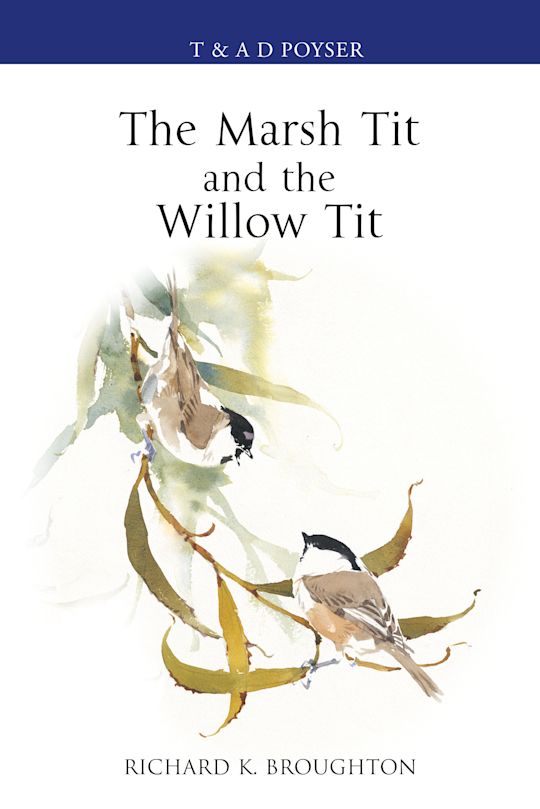In a Nutshell:
Islam acknowledges the sanctity of life from its earliest stages. While there’s no single, definitive point when life begins, the concept of ensoulment (receiving a soul) plays a crucial role. Scholarly opinions vary on the timing of ensoulment, with some placing it at conception and others at 120 days after gestation. Regardless, Islam emphasizes protecting the developing fetus and discourages abortion.
Introduction
The question of when life begins is a complex one, with religious, philosophical and scientific considerations. Islam offers valuable insights on this topic, emphasizing the sanctity of human life and the importance of protecting the developing fetus. This answer explores Islamic perspectives on the beginning of life, examining Quranic verses, prophetic narrations (Hadiths) and scholarly interpretations.
Evidences
Quranic Verses
The Quran emphasizes Allah’s (swt) power in creating human life, describing the stages of development in the womb. For instance, Surah Al-Mu’minun (23:13-14) states:
Then We placed the sperm-drop in a secure depository. Then We developed the sperm-drop into a clinging form and then We developed the clinging form into a little lump [of flesh] and then We developed the little lump into bones and then We clothed the bones with flesh and then We produced it as another creation. So blessed is Allah, the Best of Creators. (Quran 23:13-14)
These verses highlight the gradual development of the fetus, hinting at the potential for life at its earliest stages.
Hadiths
The concept of ensoulment, when the fetus receives a soul (ruh), is crucial in Islamic discussions on the beginning of life. Hadiths record the Prophet’s (saaw) sayings on this matter. One narration in Sahih al-Bukhari describes:
The Angel blows the soul into the fetus at four months (120 days) and writes down its destiny, its rizq (sustenance), its actions and the day of its death. (Sahih al-Bukhari)
This Hadith suggests that ensoulment occurs at 120 days. However, other narrations mention 40 days as a possibility.
When Life Begins in Islam
Scholarly Debates on Ensoulment Timing
Islamic scholars hold diverse views on the precise timing of ensoulment. Here are the main perspectives:
- Ensoulment at Conception: The Maliki, Hanbali and some Shafi’i schools of Islamic law believe ensoulment occurs at the moment of conception. They emphasize the Quranic emphasis on Allah’s (swt) creation from the very beginning.
- Ensoulment at 120 Days: The Hanafi, Zahiri, Shi’a and some Shafi’i schools hold that ensoulment takes place at 120 days after gestation, as suggested by the Hadith mentioned earlier.
These differing views highlight the importance of scholarly interpretation and context in Islamic thought.
The Gradual Development of the Fetus
The Quran acknowledges the remarkable process of fetal development within the womb. Surah Al-Hajj (22:5) states:
He created you from dust, then from a sperm-drop, then from a clinging form, then from a lump of flesh, partly formed and partly unformed – We detail Our signs for a reflecting people. (Quran 22:5)
This verse beautifully captures the gradual transformation from a microscopic entity to a recognizable form. Modern scientific understanding aligns with this description, outlining distinct stages of fetal development:
- Zygote: In the first two weeks after fertilization, the fertilized egg (zygote) undergoes rapid cell division.
- Embryo: From weeks 3 to 8, the embryo begins to develop organ systems and basic structures.
- Fetus: By week 9, the embryo is officially termed a fetus, with a more recognizable human form and functioning organ systems.
While the concept of ensoulment marks a significant shift, Islam acknowledges the inherent respect due to the developing life within the womb at all stages.
The Nuance of Sharia Rulings on Abortion
Sharia law regulates abortion based on the concept of ensoulment and the potential for human life. The following principles are important to consider:
- Before Ensoulment: Some scholars permit abortion in the very early stages before ensoulment, particularly if the mother’s health is at risk. However, others advise against it due to the sanctity of potential life.
- After Ensoulment (120 Days): Abortion is generally prohibited after 120 days (according to the dominant view) as the fetus is believed to be ensouled. Exceptions may exist to save the mother’s life based on the principle of prioritizing the greater good.
- Importance of Scholarly Guidance: The decision to terminate a pregnancy is a weighty one. Consulting with a qualified Islamic scholar familiar with the specific circumstances is crucial for navigating the legalities and religious considerations.
It’s important to remember that Sharia emphasises preserving life and encourages procreation within marriage. However, it also recognises exceptional circumstances and the importance of the mother’s well-being.
FAQs on When Life Begins in Islam
What about miscarriages?
Miscarriages are viewed with compassion in Islam. The fetus is considered a person deserving of respect and parents are advised to perform funeral rites if the fetus was fully formed. Miscarriages are recognized as part of Allah’s (swt) plan and they do not negate the sanctity of life that existed within the womb.
Can I get a prenatal diagnosis before making an abortion decision?
Prenatal diagnoses can be sought for medical reasons. However, using this knowledge for seeking an abortion based on factors like gender is not permissible within Islamic principles. Some scholars allow for early-stage abortion if severe fetal abnormalities, incompatible with life, are detected.
How can I ensure a healthy pregnancy?
Islam promotes healthy practices during pregnancy, emphasising nourishing food, avoiding harmful substances and seeking medical care. These measures align with both religious values and modern medical advice, aimed at ensuring the well-being of both the mother and child.
Scientific advancements challenge the concept of ensoulment.
Some argue that modern scientific understanding of fetal development renders the concept of ensoulment irrelevant. However, for many believers, the spiritual dimension of human existence goes beyond biological processes. Islamic perspectives value both scientific knowledge and religious teachings.
The Hadith on 120 days seems unreliable.
Critics may question the authenticity of the Hadith mentioning ensoulment at 120 days. Islamic scholarship involves a rigorous system for evaluating the reliability of narrations. While there are varying interpretations, the principle of ensoulment remains central to discussions on the beginning of life.
Conclusion
The question of when life begins in Islam is a complex one, rooted in Quranic verses, prophetic traditions and centuries of scholarly debate.
While there is no single definitive answer, the concept of ensoulment plays a pivotal role in shaping Islamic perspectives. The sanctity of life, at all stages of development, is paramount.
The nuances of Sharia highlight the importance of weighing the protection of the fetus alongside the well-being of the mother, always seeking guidance from qualified scholars in cases of doubt.
#Islam #life #begins #womb


